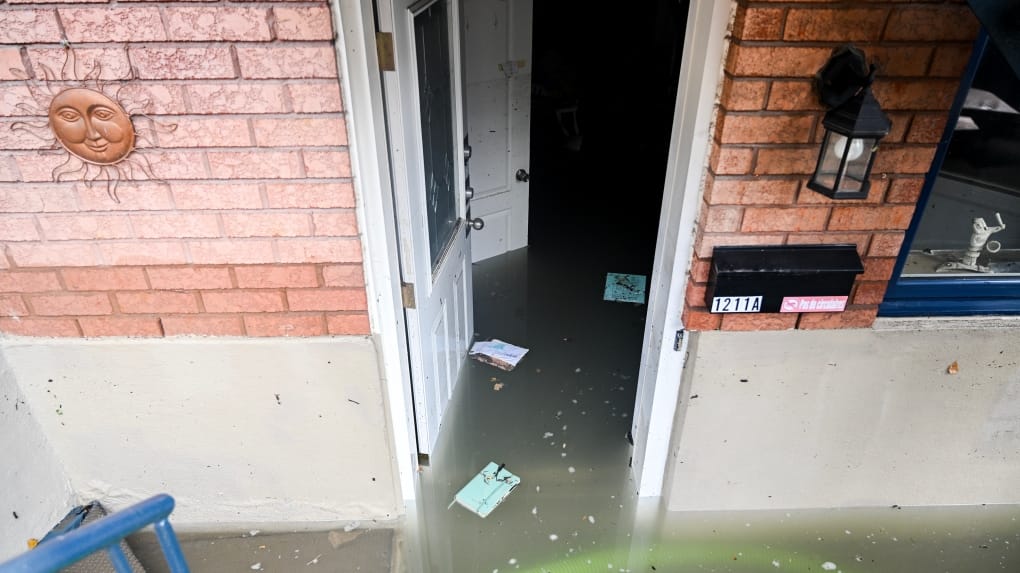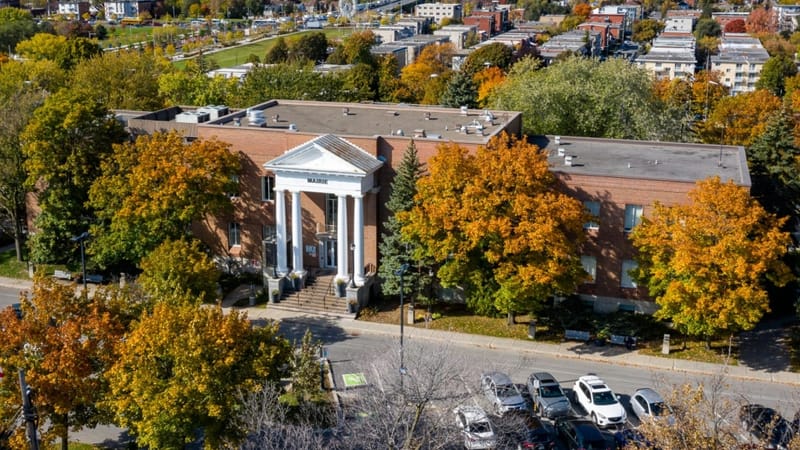Basement apartments should be banned in flood-prone areas, Montreal official says
She said it's necessary to make these bylaws due to the threat posed by severe weather events caused by climate change.

Basement apartments should be prohibited in certain areas of Montreal to prevent flooding during severe weather, a city official told residents at a council meeting on Monday night.
Following the torrential rain brought by remnants of Tropical Storm Debby last month, the city's head of water infrastructure, Maja Vodanovic, listened to complaints from residents whose homes were flooded by sewer backups caused by record rainfall.
Vodanovic, who is on Mayor Valérie Plante's executive committee, said boroughs would be allowed to introduce their own bylaws to ban the construction of basement apartments. The Ville-Marie borough has already updated its regulations to prevent new basement dwellings in flood-prone areas.
"Previously, the thinking was to build as much as possible, so we allowed basement apartments. But for those who have been flooded two or three times, it’s clear it’s not a great idea," Vodanovic said in an interview on Tuesday.
She explained that these changes are necessary due to the increasing risks posed by severe weather events driven by climate change.
For existing basement apartments, Vodanovic advised owners to consider protective measures, like using tile flooring instead of carpets. She also highlighted the city’s expanded RénoPlex program, which offers up to $20,000 for single-unit homes (or $40,000 for multi-unit dwellings) to help cover costs for sump pumps, check valves, and other renovations to protect homes from water damage.
The Insurance Bureau of Canada (IBC) reported that the storm on August 9, which hit Montreal, was the most expensive weather-related event in Quebec’s history, even surpassing the 1998 ice storm, with flooding causing $2.5 billion in insured losses, according to a preliminary assessment last week.
Building inspector and construction expert André Gagné agreed that basements should not be used as living spaces. "We’re building basements the same way we did in the 1960s: concrete walls, French drains around the foundation, and maybe a sewer system by gravity or a sump pump," he told CTV News last month.
As for the city’s infrastructure, Montreal's website includes a map of areas vulnerable to climate change impacts, such as heat islands and flooding. When asked about upgrading the city’s sewer system, Vodanovic pointed out the complexity of the issue.
"Even if we rebuilt the entire sewer system in Montreal, which would cost about $10 billion and take many years, it still wouldn’t be enough because you can't build sewers large enough to handle all that water," she told CTV News.
More than 150 millimeters of rain fell on August 9, breaking a previous record set in 1996. The average monthly rainfall for Montreal in August is around 94 millimeters.
In addition, the city council passed a unanimous motion on Monday urging the provincial government to amend its financial compensation program for homeowners affected by weather-related flooding. While the premier has suggested expanding the program to include sewer backups, it currently only covers overland flooding and has not yet been broadened.





